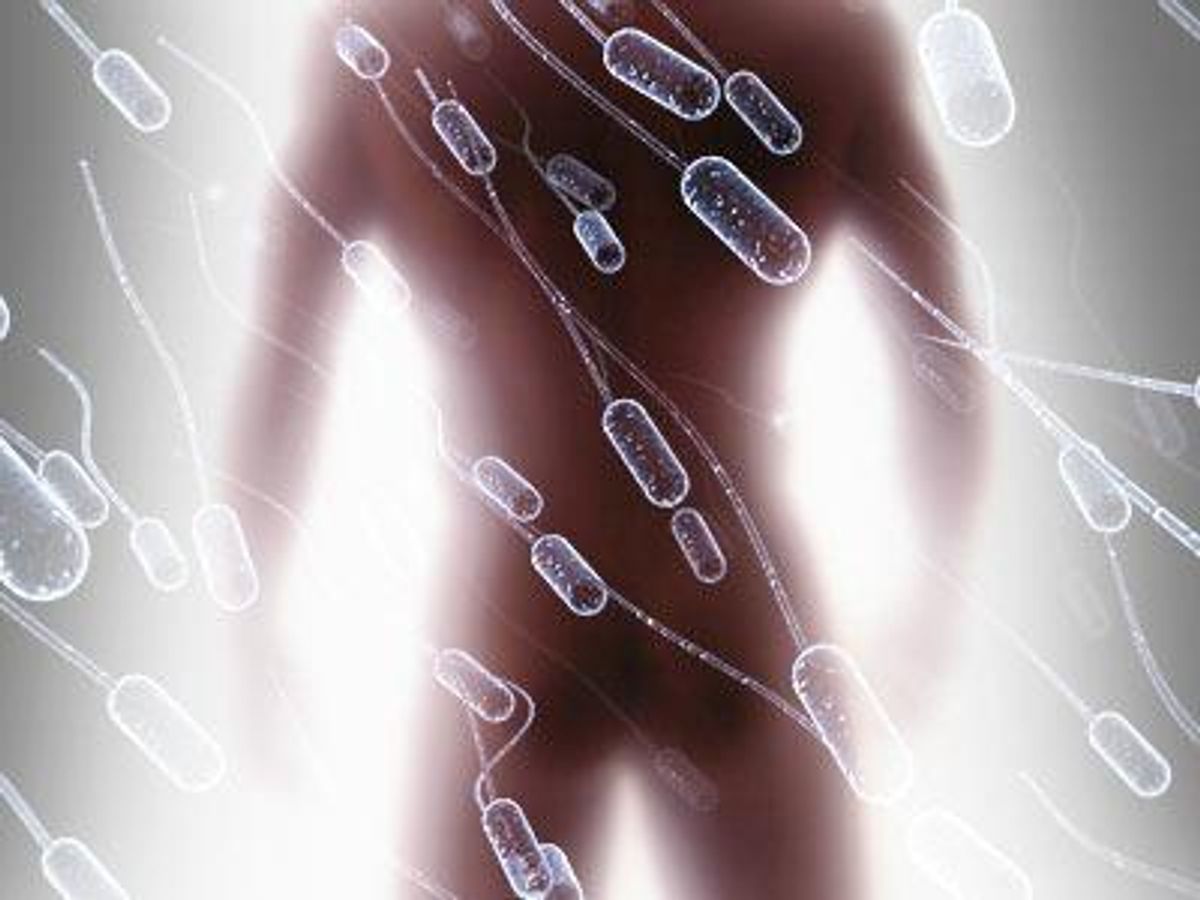In August the Lifetime show Drop Dead Diva devoted an episode to the so-nicknamed "sperm ban," a Food and Drug Administration policy meant to keep men who have had sex with men (MSM) from donating to sperm banks. The episode prompted an inevitable comparison of the sperm ban to another FDA policy targeting gay men -- the ban on blood donation -- and gave the issue a push back into public debate.
The FDA policy barring MSM from donating blood is infamous, sparking protests nationwide and even inspiring a movement for repeal led by members of Congress such as Sen. John Kerry and Rep. Mike Quigley. In comparison, the ban on gay sperm donors is relatively unknown.
That's because the FDA's MSM sperm donation policy isn't really a "ban." Since 2005 the FDA has offered "guidelines" for sperm banks, suggesting that men who have had sex with men in the previous five years be barred from donating sperm. While some (if not most) sperm banks certainly abide by the guidelines, the policy is neither mandatory nor enforced, meaning some sperm banks do collect donations from gay and bisexual men.
The FDA policy on blood donation, on the other hand, affirms that any man who has had sex with another man since 1977 is barred from donating blood for life, a decision that was upheld by a panel in 2010.
Nonetheless, it is still possible to donate sperm as a gay man, and according to Nathan Schaefer, director of public policy for Gay Men's Health Crisis, that's why the policy isn't as widely condemned -- or as thoroughly covered in the media -- as the blood ban.
"It's on the books but it's not enforced in the same way," Schaefer says. "I think there's not as much attention to it because it's not like people are being denied all the time. That's not to say we don't think it shouldn't be removed, but that's why people know less about it."
The guideline in question is written into the "donor screening" section of the FDA's "Guidance for Industry: Eligibility Determination for Donors of Human Cells, Tissues, and Cellular and Tissue-Based Products," the document that outlines the basics of tissue donor eligibility, screening, and testing. The document includes the question, "What risk factors or conditions do I look for when screening a donor?"
The answer is a list of conditions and behaviors that "increase the donor's relevant communicable disease risk," advising health care officials to determine a donor ineligible if they meet any of the listed criteria. First on the list of risky donors: "Men who have had sex with another man in the preceding 5 years (risk factor for HIV and Hepatitis B)." The same document also reads, "Contains nonbinding recommendations."
In an emailed statement, a spokeswoman for the FDA reaffirmed that the guidelines are in place to minimize transmission of diseases.
"The FDA recommendations regarding the donor eligibility determinations for donors of human cells, tissues, and cellular and tissue-based products (HCT/Ps), which include reproductive tissue, represent FDA's current thinking on the topic in light of current scientific information and epidemiological data," wrote FDA spokeswoman Rita Chappelle. "FDA's regulation of reproductive tissues is aimed at reducing the risk of infectious disease transmission."
Part of what makes both the blood donation and sperm donation guidelines so stinging to gay rights activists is their inconsistency among groups. For example, a man who has had sex with an HIV-positive woman can donate blood after a period of just 12 months. In cases of both blood and sperm donation, MSM are immediately eliminated from the pool of donors regardless of whether they practice safe sex. Gay rights advocates assert that the FDA policies are rooted in a decades-old stereotype associating gay men with HIV.
"The inconsistencies that are applied to gay men compared with heterosexuals underscore their discriminatory nature," Schaefer says. Speaking of efforts to repeal one or both policies, he added, "They're very related campaigns, and I think they're part of a broader movement to urge the FDA to reform their policies, some of which date back to the 1980s."
Leland Traiman is the executive director of Rainbow Flag Health Services and Sperm Bank, an Alameda, Calif., sperm bank that actively recruits gay and bisexual sperm donors for known donor insemination. He's been an activist for fairer donor regulations since the '90s, when he fought a secret committee that attempted to outlaw sperm donation by MSM in the state of California. He says because gay and bisexual donors are still turned away from some sperm banks, in spite of the FDA guidelines being nonbinding, gay rights activists have "won the war, but are losing the battles."
If the FDA discovers a sperm bank accepts donations from MSM, it can send the sperm bank Form 483, a document warning the bank that its practices contradict FDA guidelines. Traiman says he's filed complaints with the FDA for issuing him a 483, claiming the FDA is trying to enforce a guidance document as regulation.
"The FDA is a very powerful organization, and they intimidate people. They try to enforce the guidance document as if it were regulation, which they themselves admit they cannot legally do, and then they do it anyway," Traiman says. "If you push back, they fall apart because they can't pursue you."
Schaefer says while there are ways around the FDA guidelines, like enlisting the help of an organization such as Rainbow Flag Health Services to find a local gay-friendly sperm bank, it doesn't mean the guidelines are right -- medically or legally.
"It's still outdated," Schaefer says. "It singles out gay men as unduly risky and a threat to public health."












































































